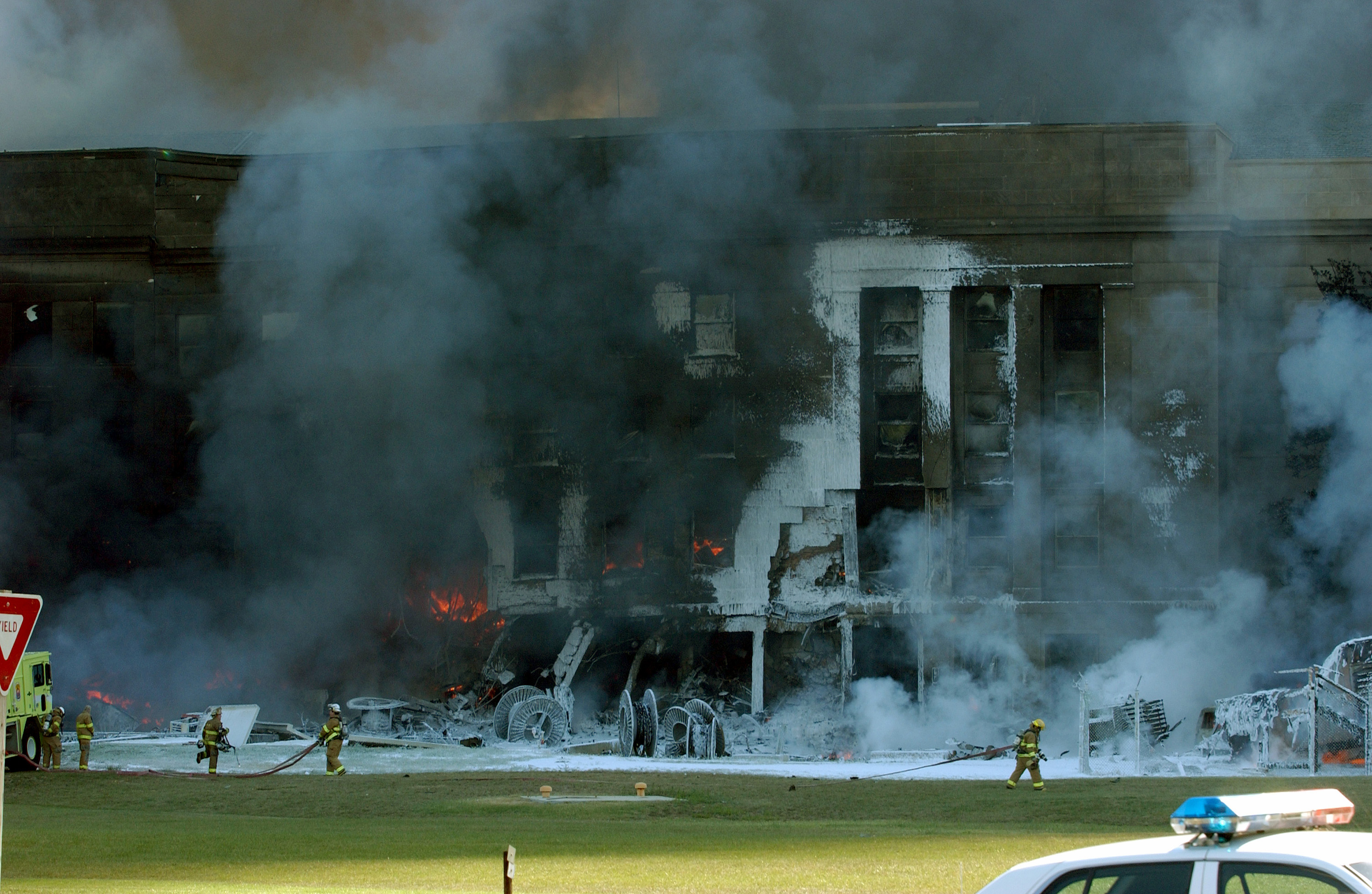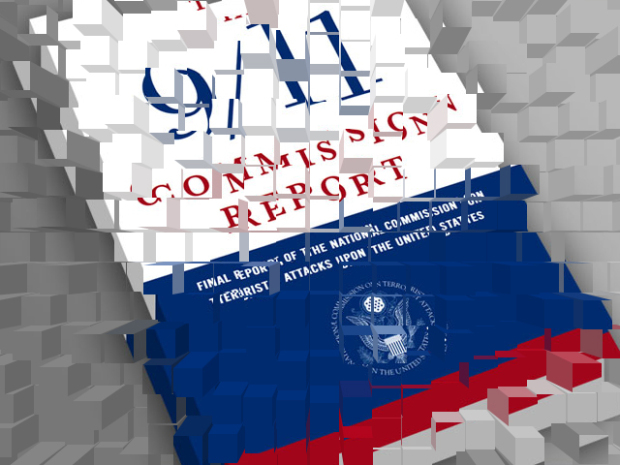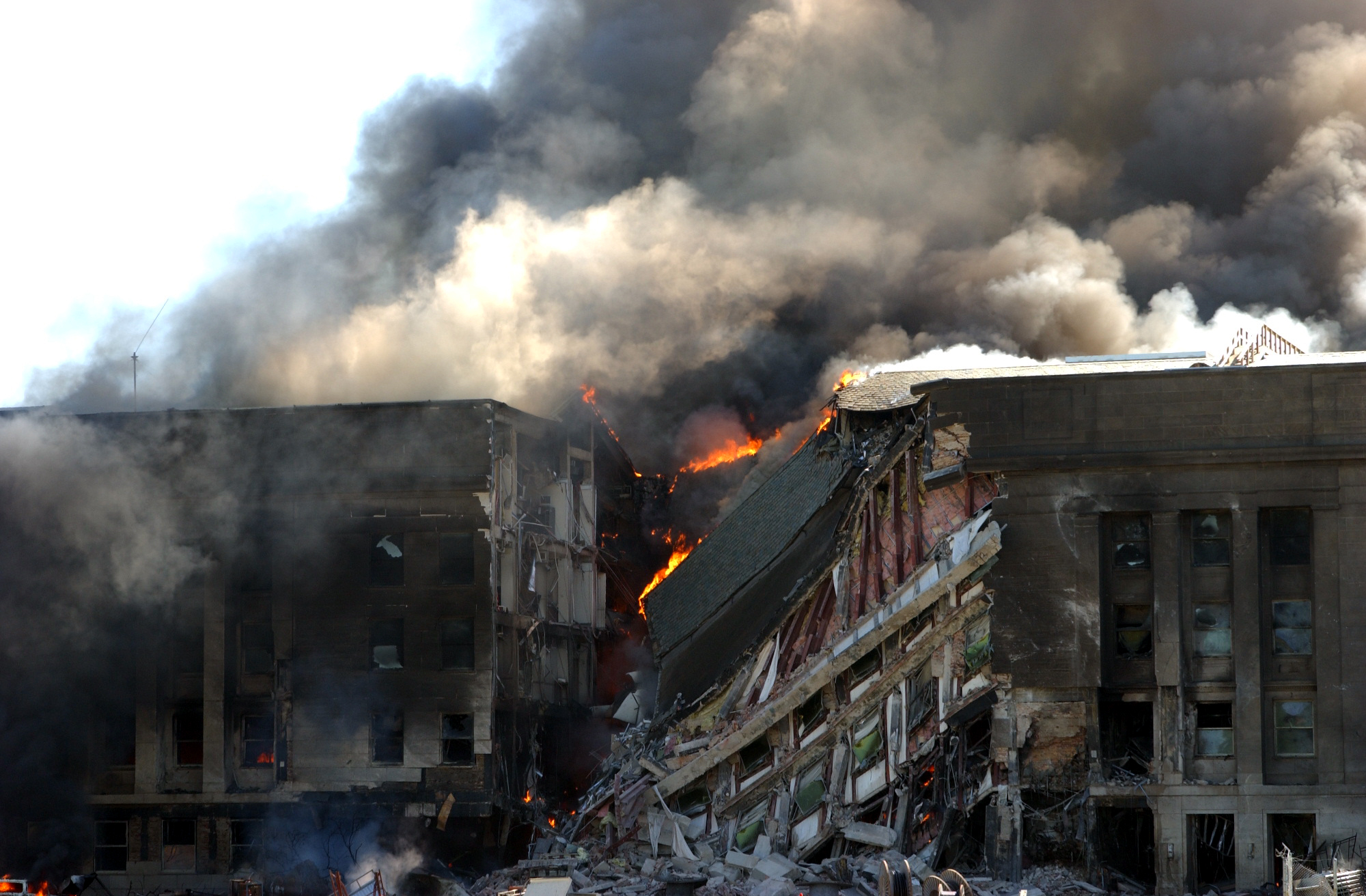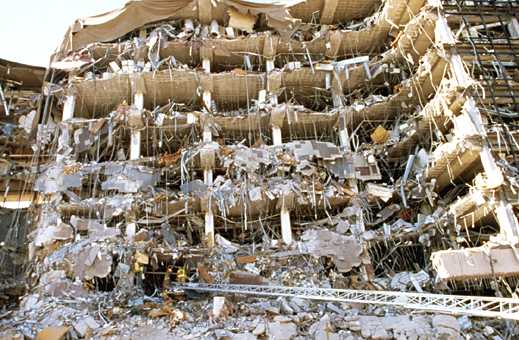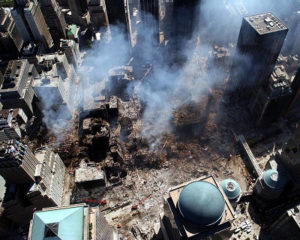
January 11, 2012
By Craig McKee
Myth: Most “conspiracy theorists” thought 9/11 was an inside job from day one, because these types of people always imagine elaborate conspiracies even though the evidence rarely backs them up. Most are paranoid and obsessive.
Reality: Many if not most of the members of the 9/11 Truth movement took months or years to begin doubting what we have been told. Those who have become leaders of the movement tend to be intelligent and well educated, and they were open-minded enough to consider evidence that we hadn’t been told the truth by the government or the media.
I decided to pose a question to some of the most notable members of the movement to find out exactly when they twigged that 9/11 was an inside job and not a terrorist attack perpetrated by fundamentalist Muslims. Here’s the question I sent them:
“When did you come to believe that the 9/11 official story was false and that 9/11 was an inside job – and what piece or pieces of information convinced you?”
For the purpose of this article, I’m defining “truth leaders” as being people who have been active in the movement in some visible way – spreading the word either by organizing activities or by researching and writing about or making films about 9/11 to raise awareness. It does not connote an endorsement of their various positions on 9/11.
I was fortunate to receive responses from the majority of the best known truth activists I wrote to. These included David Ray Griffin, Barrie Zwicker, Barbara Honegger, Mike Gravel, Rob Balsamo, Cynthia McKinney, and 30 others listed below. All responses are original and were sent to me by the respondents with the exception of Balsamo’s, which he offered from a previously posted statement.
As you will read, the respondents’ backgrounds run the gamut. There are academics, authors, pilots, engineers, chemists, architects, journalists, politicians, musicians, filmmakers, lawyers, soldiers, and citizen researchers and activists of all kinds. There is a former U.S. senator, a former congresswoman, a high-level NASA executive, a policy analyst in the Reagan White House, and a Nobel Peace Prize nominee.
It’s an impressive group to say the least. In assembling it, I deliberately did not restrict myself to people I most agree with – or who most agree with each other. I sent the question to as many members of the Truth movement as I could. I’m not interested in entertaining criticism that one person or another should have been excluded. I think it’s much more interesting to read responses from people with disparate views. The length of the answers varies greatly, and cuts were kept to a minimum.
Here are the participants in this order:
David Ray Griffin, Barrie Zwicker, Cynthia McKinney, William Veale, Barbara Honegger, Mike Gravel, Craig Ranke, Rob Balsamo, Cindy Sheehan, Niels Harrit, Shelton Lankford, James Fetzer, James Hufferd, Adam Syed, George Ripley, Adam Ruff, Sheila Casey, Bruce Sinclair, Elizabeth Woodworth, Josh Blakeney, Aldo Marquis, Frances Shure, Maxwell C. Bridges, Anna Yeisley, Mark Gaffney, Giulietto Chiesa, Paul Zarembka, Ken Freeland, Jonathan Mark, Dwain Deets, Massimo Mazzucco, Nelisse Muga, Matthew Witt, Simon Shack, Graeme MacQueen.
And here’s what they said:
David Ray Griffin (Retired theology professor; past nominee for the Nobel Peace Prize for his 9/11 work; founder, Consensus 9/11 Panel; author of 10 books on 9/11)
In the fall of 2002, one of my students at the Claremont School of Theology told me that a visiting professor said that 9/11 was an inside job and asked if I wanted to meet him. I said yes, and after talking with him, I told Continue reading →
